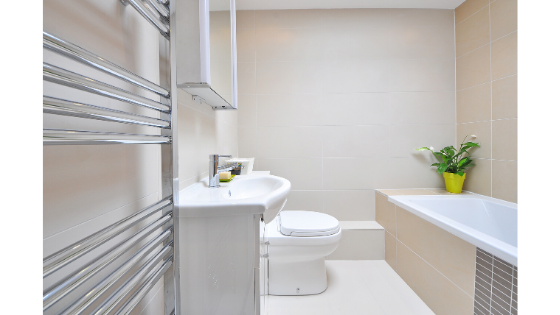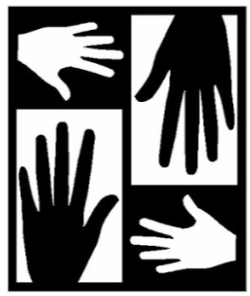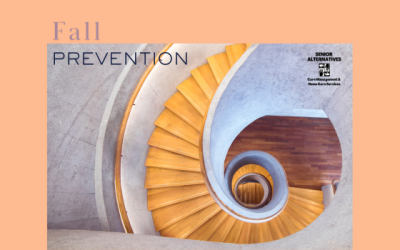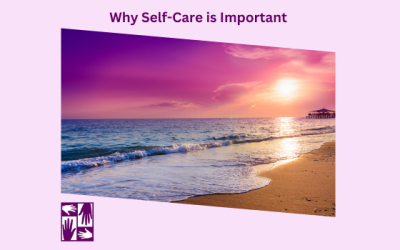March 6, 2020

Many older adults deal with constipation on a regular basis. It is uncomfortable and can be frustrating. What, exactly, is constipation? It happens when a person goes 3 days or more without a bowel movement. Symptoms include few bowel movements, straining when trying to pass a bowel movement, small or hard stools, feeling like everything didn’t come out, swollen abdomen or abdominal pain and vomiting. People may also feel bloated, full, not have an appetite or, in people with dementia, become irritable for no apparent reason.
Seniors are more likely than others to have chronic constipation for several reasons. Constipation is one of the side effects of pain medications, especially opiates, as well as antidepressants, anticonvulsants and antihistamines. As we age, our digestive system slows down and muscles weaken. Certain medical conditions, including Parkinson’s disease and low thyroid, can also play a role.
Fortunately, treatment is often simple. Remember that it is always important to consult your primary medical provider if symptoms don’t improve. Here are six ways to avoid and treat constipation:
- Get regular physical activity to help with regulating digestion. Do anything you can to move as much as possible, based on your health conditions.
- Minimize intake of constipating foods such as white rice, cheese, chocolate, unripe bananas and tea.
- Regularly eat (and drink) things like beans, whole grains, vegetables, fresh and dried fruit, nuts and plenty of water.
- Establish a regular bathroom time when your older adult “tries” to go each day, while also responding immediately to the urge to go.
- Take a daily fiber supplement, unless the constipation is caused by a nerve or muscle problem.
- Use laxatives properly. Consult your medical provider for advice on the most appropriate ones.
Certainly don’t hesitate to discuss constipation with your medical provider. In addition to the aforementioned suggestions, they will have information on additional causes and interventions.
Many older adults deal with constipation on a regular basis. Fortunately, treatment is often simple.
Related Articles
September is Fall Prevention Awareness Month
As we get older, a simple trip or fall can have serious consequences, impacting our mobility and confidence. The good news is that most falls can be somewhat preventable, read on for more tips…
Funding Options for Older Adults
This guide will walk you through the many ways to pay for senior care and support, it will show how families and elders can supplement care and senior housing.
International Self-Care Day 7/24
The date, 7/24 symbolizes the idea that self-care should be practiced 24 hours a day, 7 days a week. It’s a gentle nudge to make self-care a daily priority, not just a once-a-year activity. Read more on ways to create a self-care plan.





